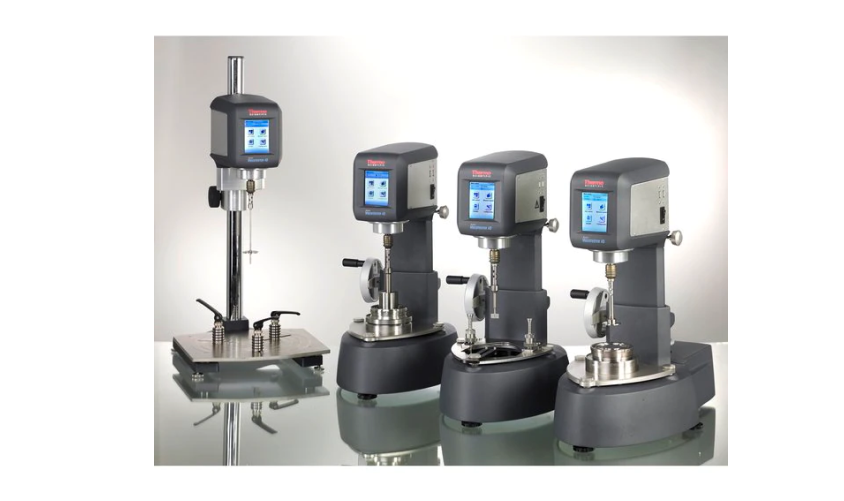Rheometers
Thermo Scientific rheometers and viscometers are designed to accurately measure the properties of fluids and other complex materials, helping you get the most information from your material. Thermo Scientific's HAAKE rheometers are known...
Read more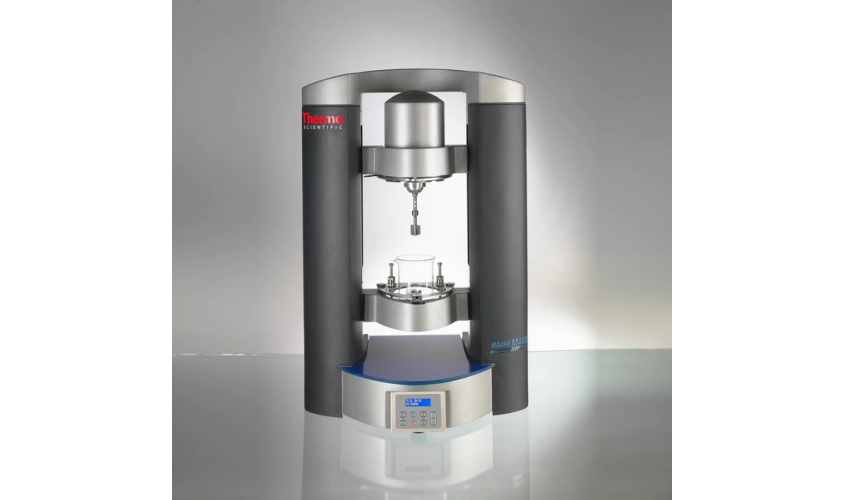
Viscometers
Thermo Scientific rheometers and viscometers are designed to accurately measure the properties of fluids and other complex materials, helping you get the most information from your material. Thermo Scientific's HAAKE viscometers allow...
Read more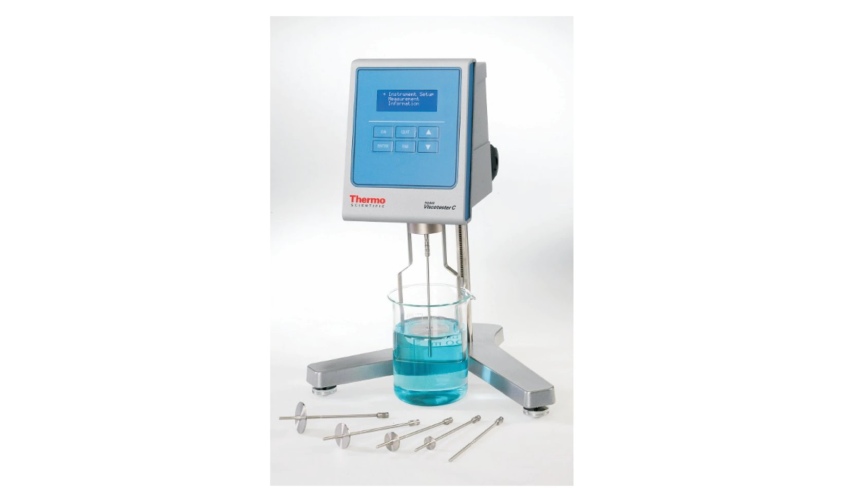
Extruders and Compounders
Thermo Scientific extruders and compounders enable you to achieve reliable scale-up, reduced time to market, and controlled, continuous processing. Extruders utilize pressure and agitation to facilitate the mixture of various specimens o...
Read more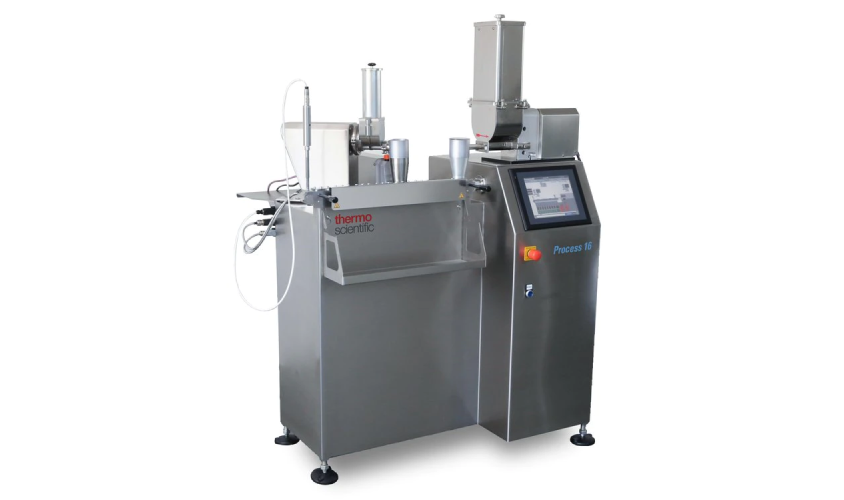
Polarimeters
Polarimeters are used to measure the rotation of polarized light as it passes through a sample of an optically active substance. These instruments are oftenly used in industries such as pharma, cosmetics, sugar refining, drug manufacturi...
Read more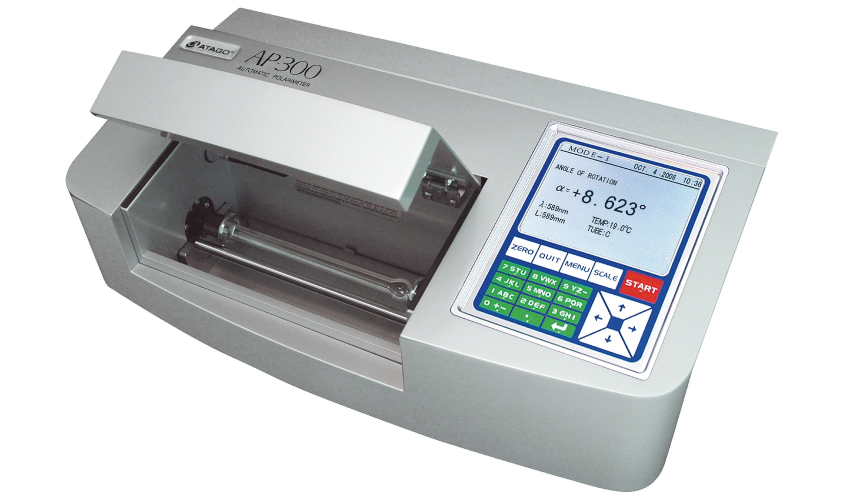
Refractometers
A refractometer is an analytical instrument that relies on the refraction principle to measure the refractive index (RI) of a substance. Being used to determine the purity and concentration of medication ingredients, measure the sugar co...
Read more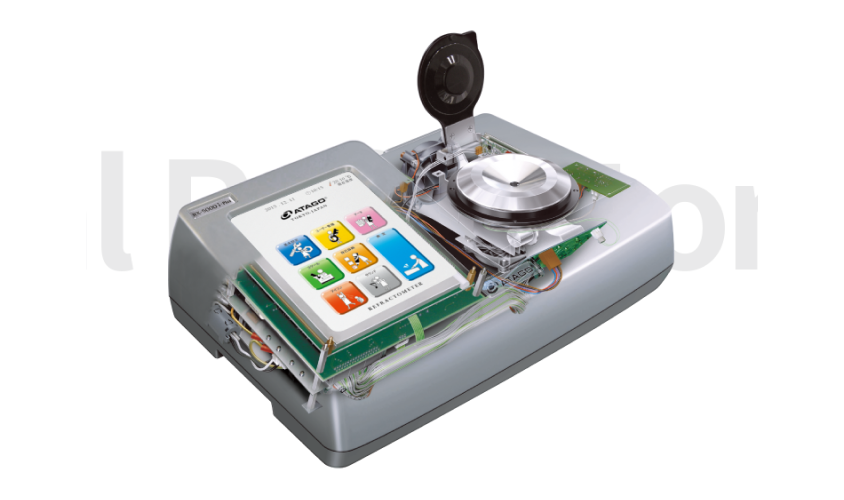
Material Characterization Applications

